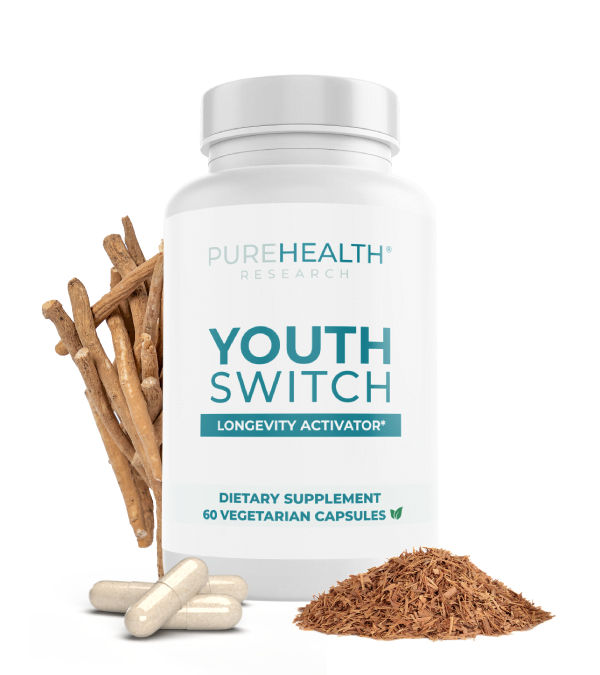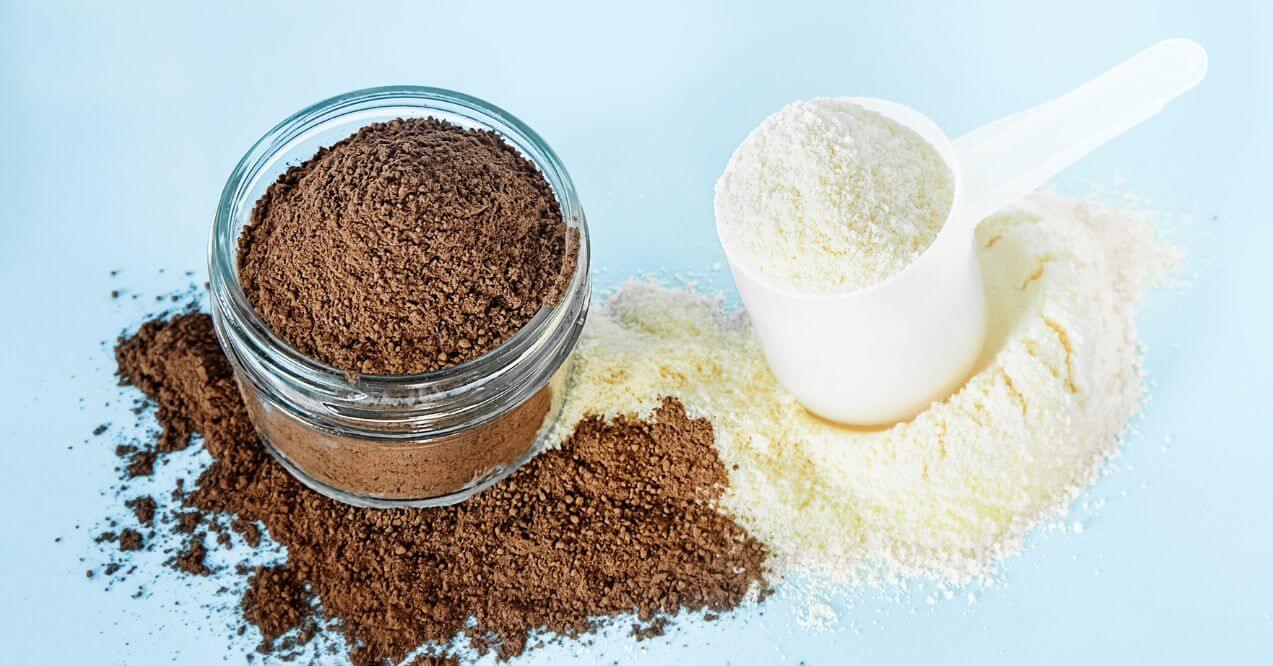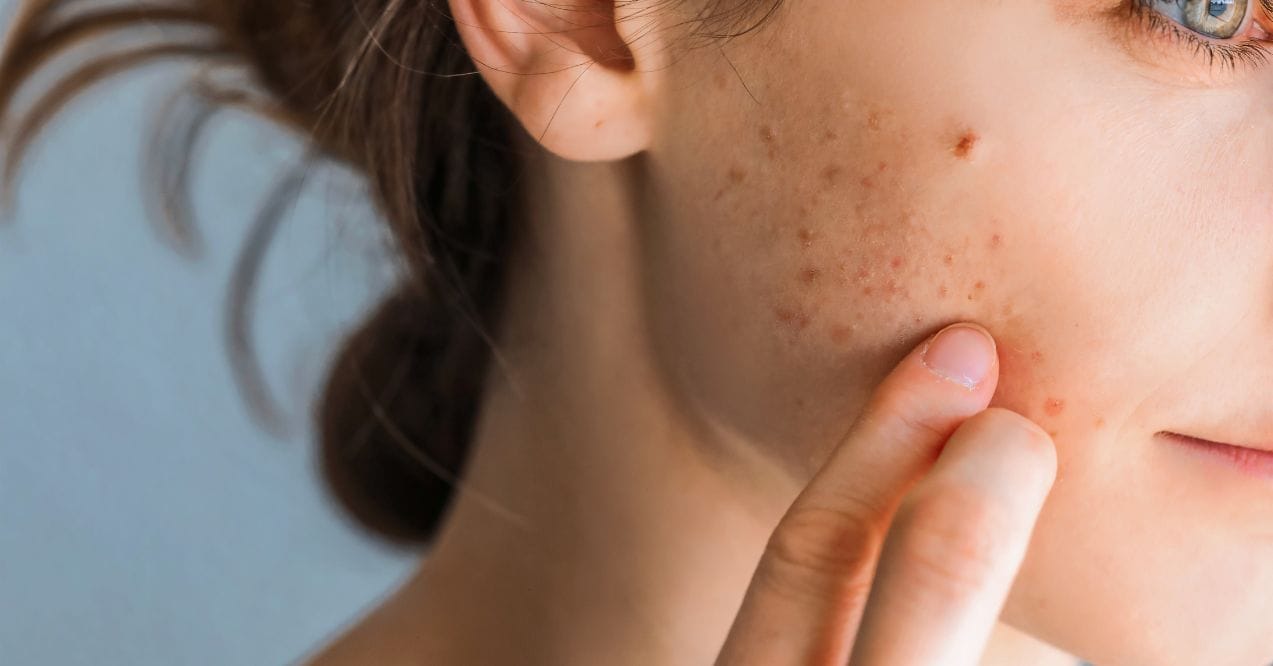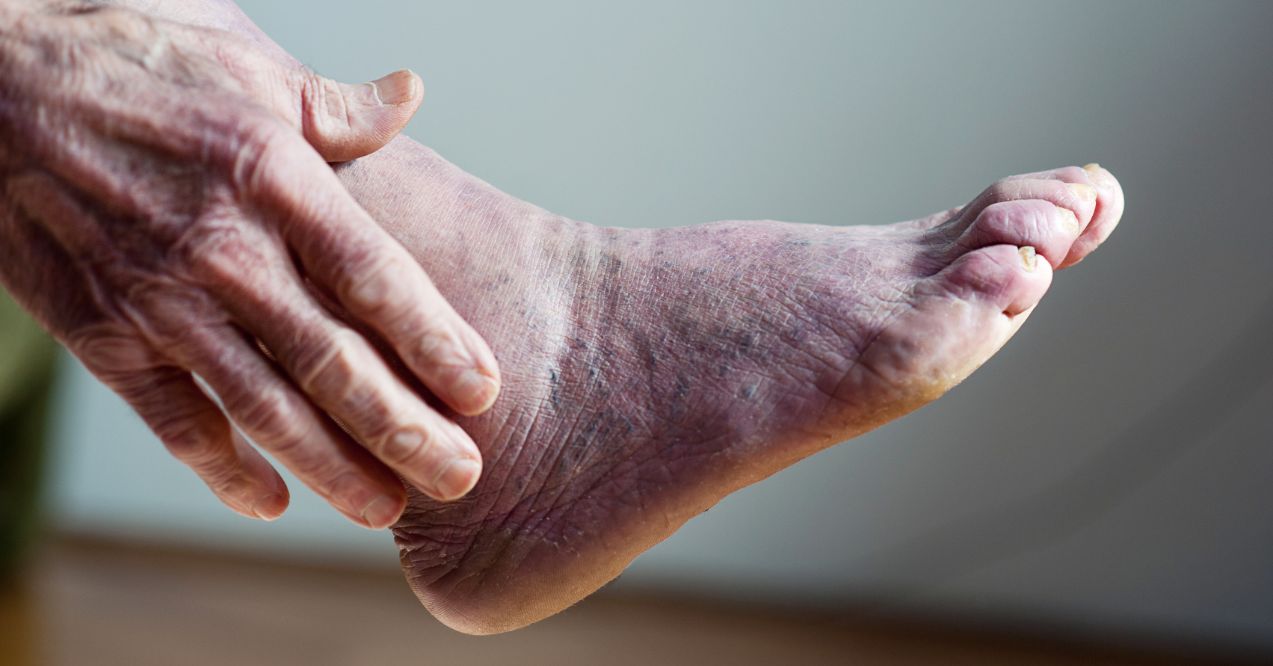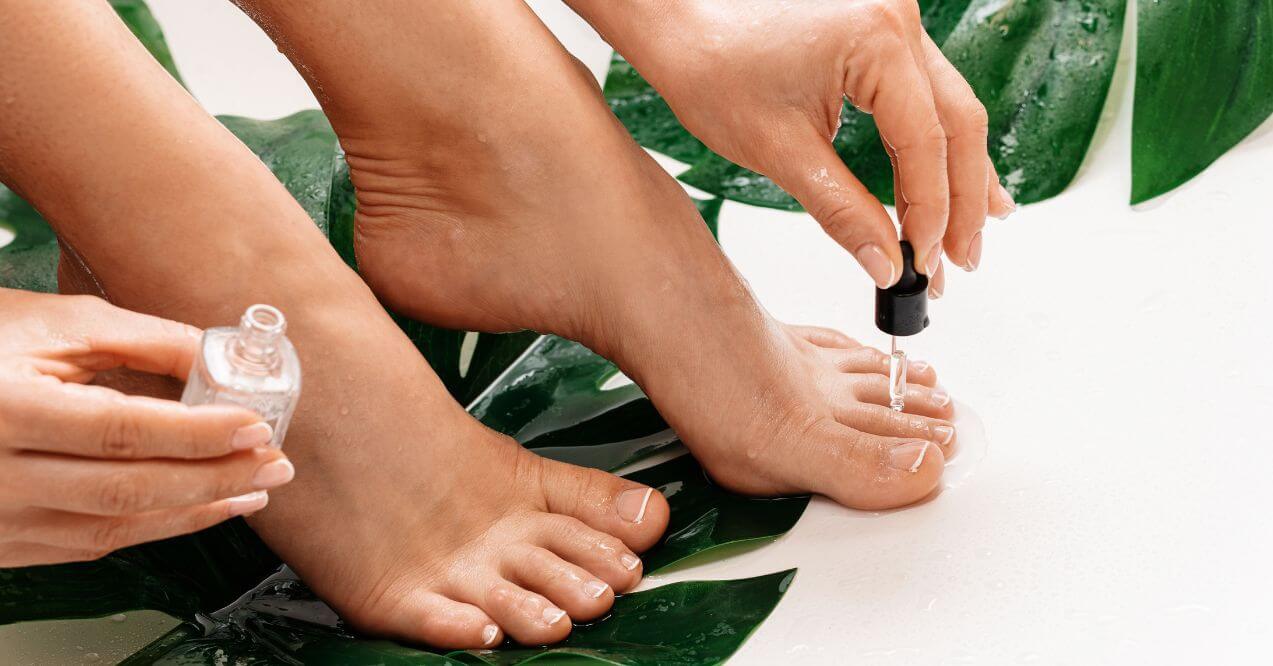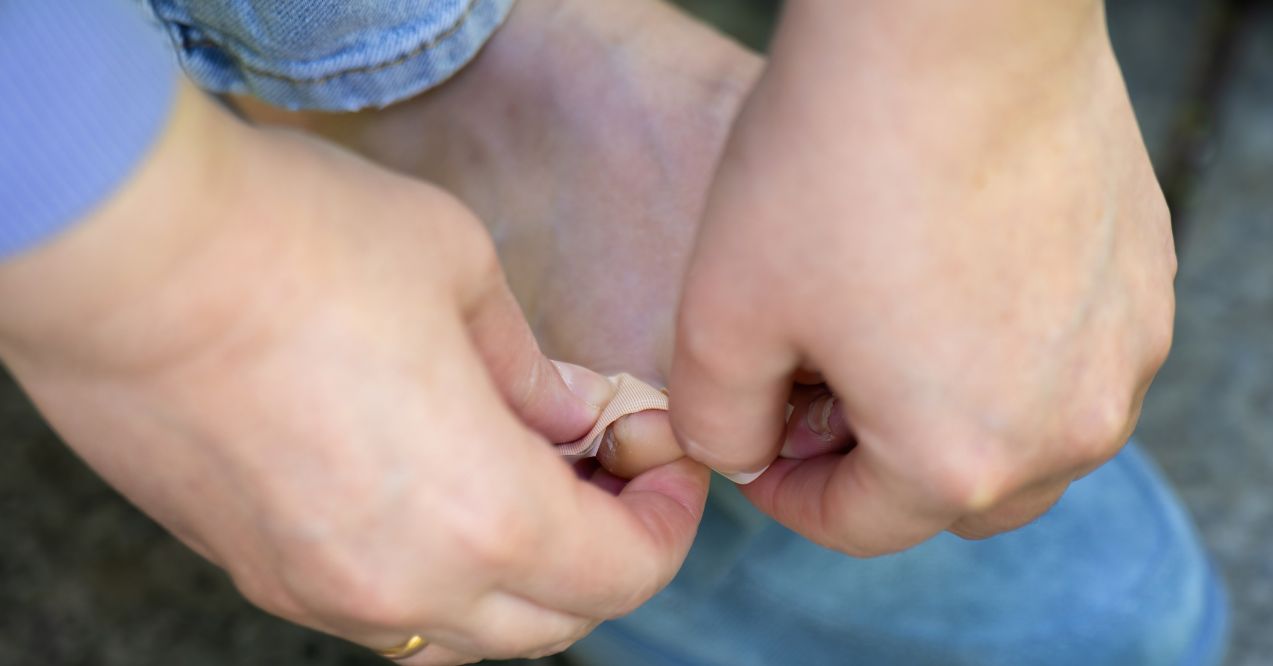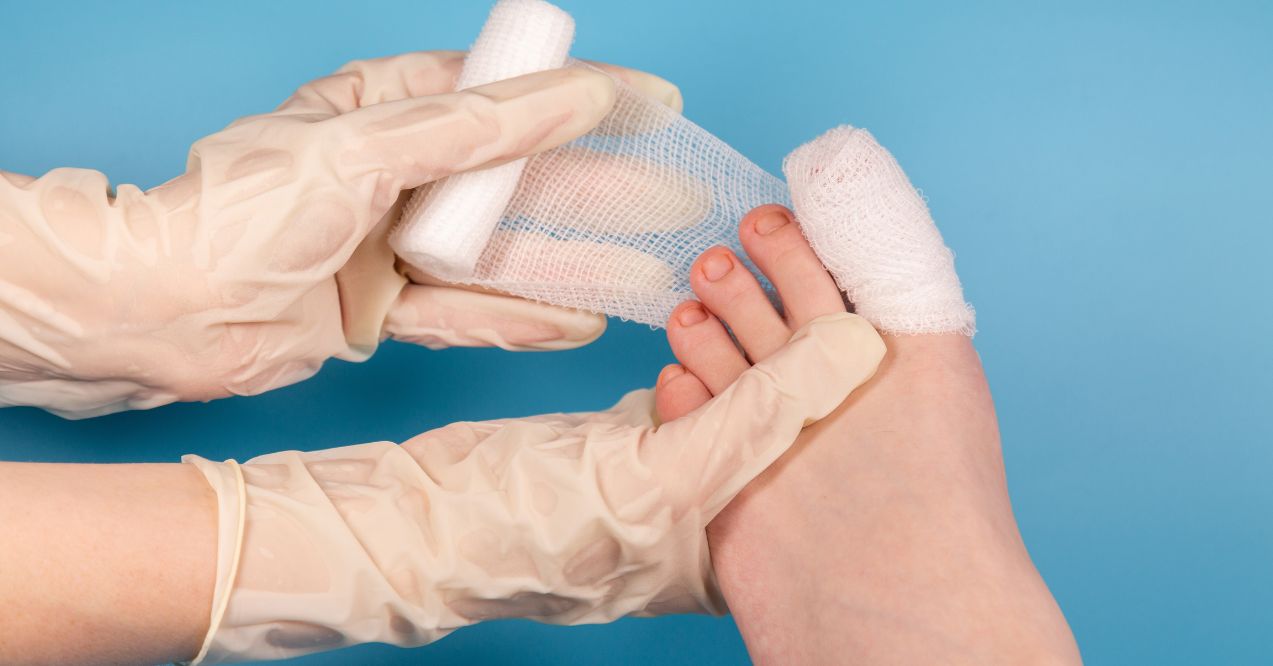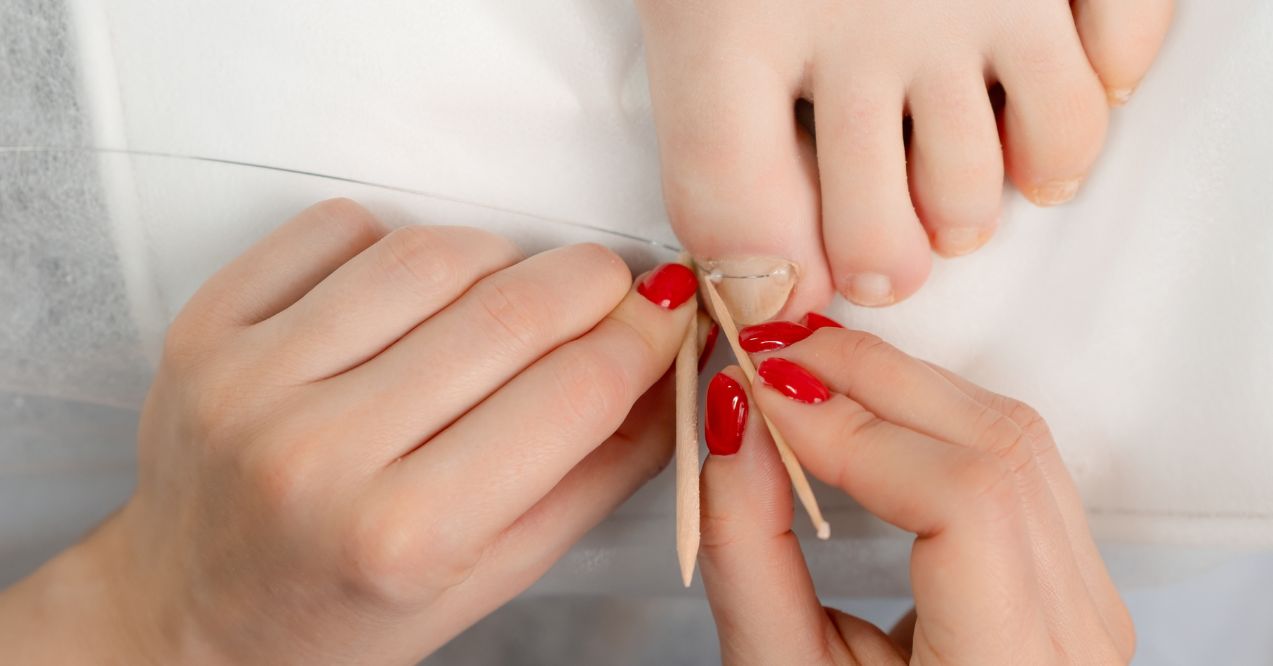What Vitamin Helps Crepey Skin?
Medically reviewed by our experts
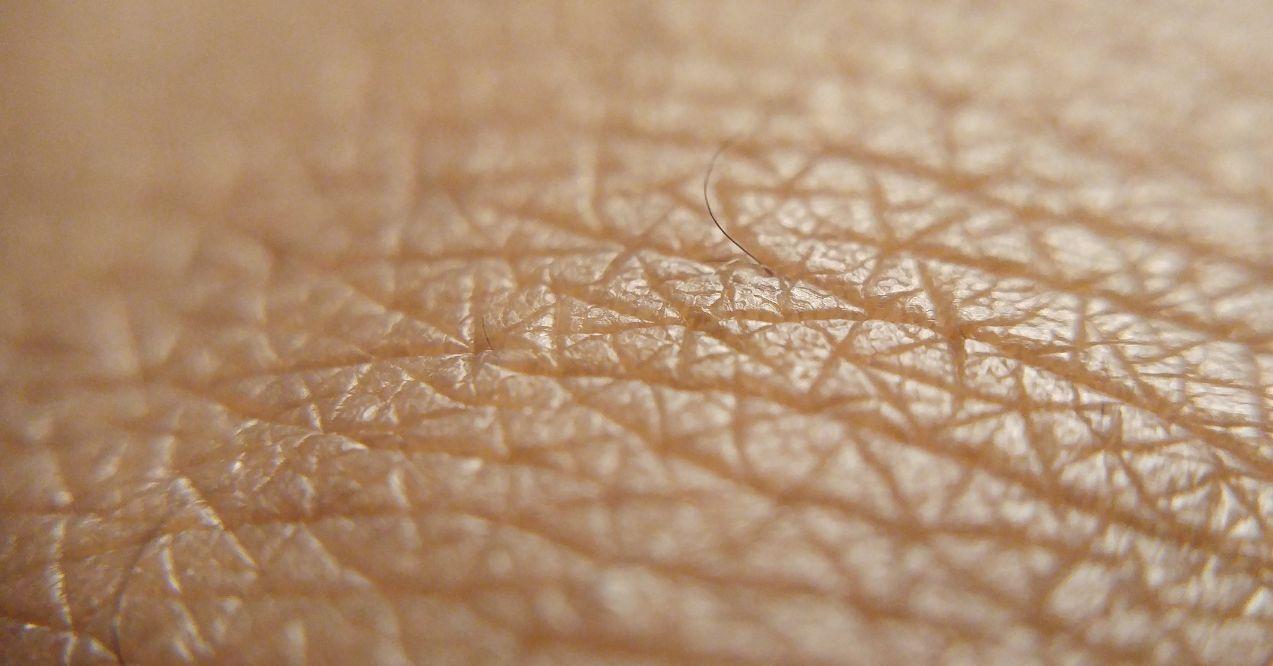

Ever wondered what vitamin helps crepey skin to avoid going all crinkly? Well, it’s not just you; many others also want to avoid this thing called crepey skin. But guess what? There are vitamins that might be able to save the day.
This journey is all about understanding why crepey skin happens, figuring out the vitamins that can be our skin’s supporters, and picking up some tricks to keep that skin looking radiant and healthy. Read on to learn how to manage this common skin condition.
What Is Crepey Skin?
Crepey skin is like a texture switch-up where your skin gets lighter, thins out, and wrinkles start appearing. The suppleness of a person’s skin is lost, and a crepe-paper-like appearance develops. Crepey skin is generally not only due to the chronological aging of the skin; it is also greatly influenced by a number of environmental and lifestyle circumstances.
As the clock of time advances, the skin’s fundamental support system, encompassing collagen and elastin, experiences a natural deceleration. This biological phenomenon opens the stage for crepey skin to make its entrance, marked by a loss of firmness and a transition toward a crinkled aesthetic.
Working behind the scenes are the tough yet flexible proteins collagen and elastin; they keep skin taut and supple. Yet, as the years pass, their action lessens, allowing crepey skin to take the spotlight. The once firm, elastic skin acquires a delicate texture similar to that of crepe paper.

However, such transformation can not only be attributed to the hands of time. Lifestyle and environmental factors can also cause crepey skin. Overexposure to the sun’s harmful rays hastens the processes of aging, and suddenly, crepey skin appears. Declining cellular factors and a deteriorating skin barrier reduce the skin’s ability to retain water hydration and result in a crumpled look.
What Are the Reasons for Crepey Skin?
The journey to crepey skin often starts with aging taking center stage. As the candles on our life cake increase, certain changes occur — mainly a reduction in collagen and elastin. The disappearance of both can leave the skin looking thin, wrinkled, and, well, a bit like crepe paper.
But aging isn’t the sole reason for crepey skin. Prolonged exposure to the sun can affect skin health. The harmful UV rays can speed up aging, making our skin more susceptible to crepey transformation.
Dehydration is another culprit; not giving our skin the hydration it craves can strip away its natural elasticity. And then there are lifestyle habits, like smoking, that can tag along to the crepey skin party. Smoking messes with our skin’s collagen and can contribute to that crinkled appearance.
If you wish to maintain your skin’s vitality, consider exploring the best hormone balance supplements for potential insights into supporting your skin health. Remember, understanding the reasons behind crepey skin is the first step towards health and happiness.
What Five Vitamins Help Crepey (Fragile) Skin?
Enhancing your skincare routine with certain vitamins can significantly impact the health and appearance of your skin, promoting regeneration, elasticity, and moisture retention. In the quest for smoother, more supple skin, here are five vitamins (vitamins A, E, and C, as well as minerals zinc and selenium) that stand out for their efficacy in combating the challenges of crepey skin.
Vitamin A
Vitamin A emerges as a front-runner among the best vitamins for crepey skin, orchestrating essential functions like skin cell renewal and collagen production. These actions play a role in diminishing the unwanted, crinkly texture that often accompanies aging. The introduction of retinoids, a derivative of vitamin A, further amplifies the effectiveness of topical skincare products.
Retinoids are famous for their potent action in supporting the skin from within. They initiate turnover in the skin layer, creating new cells that go a long way in obtaining a much brighter, smoother complexion. Then comes the fibrous protein in the skin that gives it its elasticity. Vitamin A and retinoids do wonders in stimulating collagen, too. This two-pronged approach yields the extra kick the skin needs and, in turn, better staves off the onset of crepey skin.
Vitamin E
Vitamin E goes beyond skin depth, actively supporting skin health by defending against oxidative stress caused by UV radiation and environmental pollutants. But wait, its capabilities don’t end there; vitamin E is also great for hydration.
While vitamin E protects your skin from environmental factors, it simultaneously plays a role in ensuring your skin stays hydrated. Its multitasking abilities shine as it helps strengthen the skin barrier to lock in moisture, maintaining your skin supple. So, it’s not just a shield against external foes but also a friend in the ongoing quest to maintain optimal skin hydration.
Vitamin C
Vitamin C takes center stage as an essential player in the grand production of skincare! This vitamin is all about revitalization; it’s a maestro in collagen synthesis and skin regeneration, orchestrating a symphony of renewal.
But its benefits don’t end there; vitamin C steps up as a defender against the sun’s UV rays. Vitamin C stands guard, shielding your skin from the potential harm caused by UV radiation. It’s like your skin’s very own defense force, reducing the likelihood that those rays will mess with your skin.
Zinc
Zinc plays a crucial role in the realm of skin regeneration. But it’s not limited to just patching up wounds; zinc steps up as a guardian, offering defense against UV damage and providing structural support to proteins and cell membranes in the skin. In essence, zinc forms an obstacle against the numerous dangers posed by UV rays.
Selenium
Introducing another powerhouse to the antioxidant arsenal: selenium. It steps onto the scene to provide a robust defense against oxidative damage to your skin. Selenium goes above and beyond by supporting elasticity and acting as a key player in anti-aging. It’s like having a silent but powerful ally in the skincare game, diligently working to preserve tissue elasticity and promote overall skin health.
Apart from its strategic defenses, selenium also helps promote pliable skin over time. This adds an extra layer of resilience to the skin, therefore contributing to its overall health.
How to Prevent Crepey Skin?
Avoiding crepey skin is like a whole lifestyle that blends skincare and life choices. Let’s break down some key moves and best supplements for glowing skin to keep you in the game:
1. Regular Moisturizing
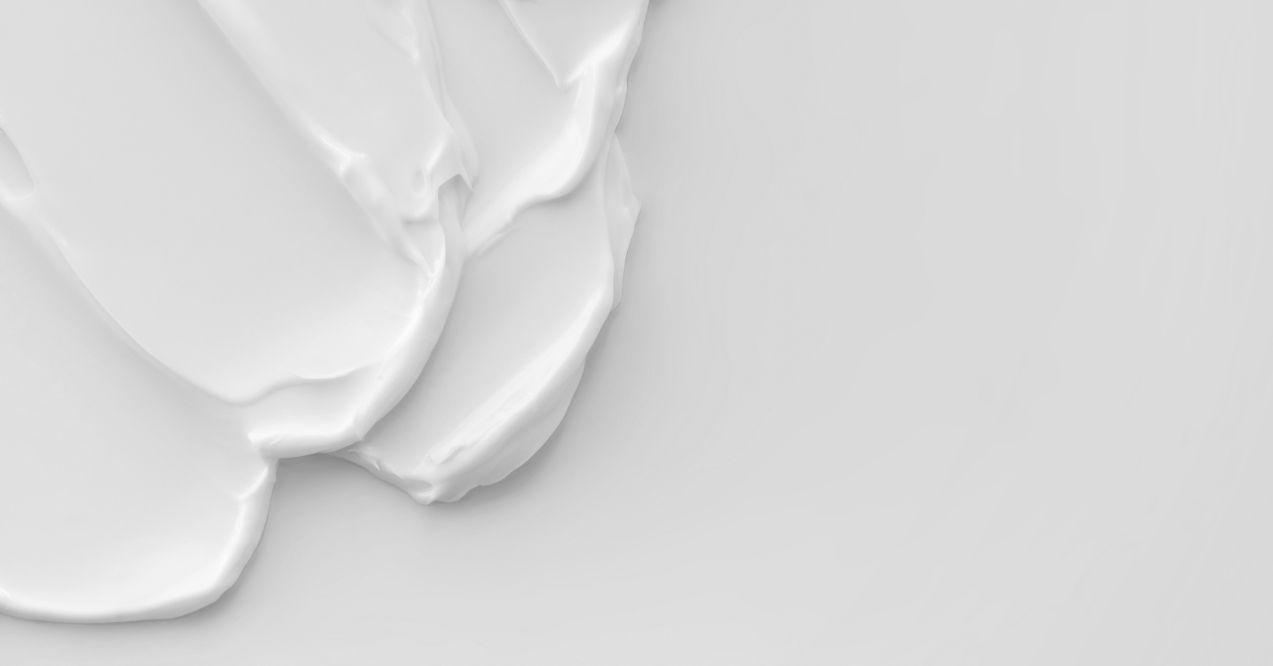
Regular moisturizing helps to replenish the skin in much the same way a drink replenishes your body. This is an essential step as it strengthens the lipid skin barrier and water retention, stimulates elasticity, and reduces wrinkles. Just make sure to choose the right moisturizer according to your skin type.
For an added natural boost, consider applying castor oil to wrinkle-prone areas around the eyes and mouth – as one of the top tips to use castor oil for wrinkles to help smooth fine lines and enhance hydration.
2. Sunscreen or Sunblock Use

Shield your skin from dangerous UV radiation. Most sunscreens only block UVB rays, while sunscreen inhibits both UVA and UVB rays. High-intensity UVB rays can burn your skin and lead to mutagenic DNA. Longer UVA wavelengths can penetrate deeper into your skin and deteriorate the collagen-elastin matrix, reducing the skin’s tension and leading to crepey skin.
Daily application of sunblock is ideal for being out in the sun, or an SPF of at least 30 in a broad-spectrum sunscreen provides a moderate shield against the culprits of crepey texture. Making sun protection a part of your morning routine will ensure you remain covered against the sun.
3. Healthy Diet

The management of crepey skin starts with a balanced diet rich in vital nutrients. That is, the diet should be rich in essential vitamins and minerals, such as A, E, and C vitamins, zinc, and selenium, to properly nourish skin regeneration.
As mentioned earlier about what vitamins help with crepey skin, a balanced diet should include fruits, vegetables, nuts, and whole grains. Fruits and vegetables contribute vitamins and antioxidants to the skin. Nuts offer the necessary fatty acids and minerals, while whole grains provide other nutrients essential to proper health. Such nutritionally dense foods help build the skin and furnish it with what is required to keep it elastic.
4. Avoid Smoking

Smoking is one of the most significant causes of skin aging. It is a troublemaker; it messes with blood flow and destroys collagen, leaving your skin weaker and dull-looking. Quitting does great justice to your skin and your body’s overall health.
5. Limit Alcohol Consumption

Too much alcohol consumption can lead to water loss, making the skin more susceptible to the development of crepey texture. By controlling alcohol intake to a minimum, individuals can support their skin’s hydration levels, thereby contributing to its overall health.
Balancing alcohol consumption is essential to ensuring the skin remains adequately moisturized and resilient. This prudent approach aims to maintain skin health while allowing occasional indulgence without compromising well-being.
The Secret to Maintaining Your Skin Radiant
Looking to rejuvenate your skin naturally? Introducing Youth Switch, one of the best supplements for skin and beauty, crafted to enhance your skin’s vitality. Formulated by our experienced team at PureHealth Research, this supplement boasts a blend of unique ingredients and nutrients.
Packed with antioxidants against environmental stressors that your skin will love. Plus, it helps you regain that youthful glow, like hitting the refresh button. And hey, all the ingredients in there are natural, working from the inside to support your skin’s health.
Final Thoughts
In conclusion, combating crepey skin effectively involves understanding its causes and incorporating key vitamins such as A, E, and C, along with zinc and selenium, into your skincare routine. These vitamins aid in collagen production, protect against oxidative stress, and enhance skin hydration.
Regular moisturizing, sunscreen application, a healthy diet, avoiding smoking, and limiting alcohol consumption are essential preventive measures. By adopting these practices, you can maintain healthier, more resilient skin, reducing the appearance of crepey skin and promoting overall skin vitality.
Getting rid of crepey skin can be hard. However, consider the following approach to prevent crepey skin. Make sure you hydrate, eat healthy, moisturize regularly, wear sunblock or sunscreen, and avoid alcohol and cigarettes.
For women over 60, some good vitamin choices include: Vitamin D, Vitamin B12 and Vitamin K.
Popular Articles
Advertisement. This site offers health, wellness, fitness and nutritional information and is designed for educational purposes only. You should not rely on this information as a substitute for, nor does it replace, professional medical advice, diagnosis, or treatment. If you have any concerns or questions about your health, you should always consult with a physician or other health-care professional. Do not disregard, avoid or delay obtaining medical or health related advice from your health-care professional because of something you may have read on this site. The use of any information provided on this site is solely at your own risk.
